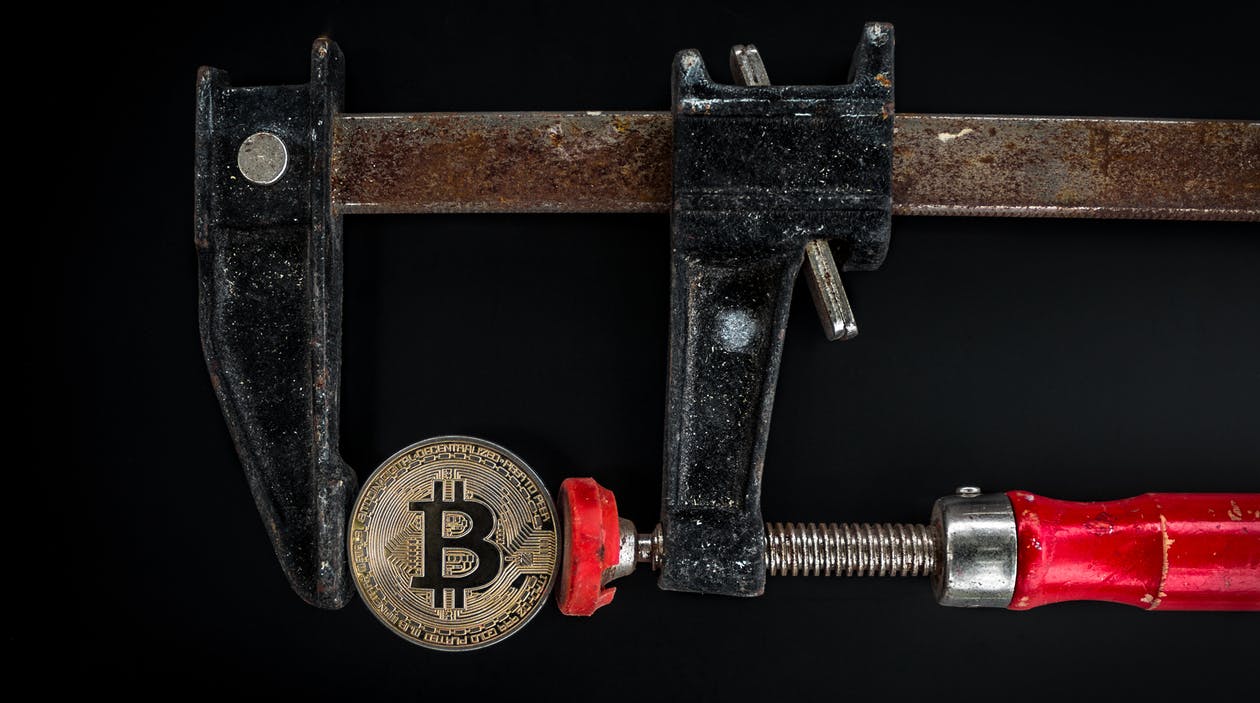Cryptocurrency probably has been the most talked-about subject of discussion rampantly from the last couple of years. It is such a hot topic that it is constantly making headlines. But what is it? Let’s find out the technology behind it and why it is becoming more and more popular with time.
Put it at its simplest; Cryptocurrency is decentralized digital money protected by encryption, making counterfeiting or double-spending practically impossible. It is designed to be used via https://cryptosignalshub.net ,on the Internet. This mode of payment permits people to buy and sell goods online easily. You can also buy Bitcoin with credit card or any other cryptocurrency to pay online for goods and services; for example, you can purchase food, tickets, house items and much more.
Can Cryptocurrencies Replace Cash?
In 2008, the first cryptocurrency ‘Bitcoin’ was launched, and it is still the most noticeable, popular, prominent type of cryptocurrency. After the success of Bitcoin, other cryptocurrencies such as XRP, Ethereum, Litecoin also gained popularity as digital alternatives to government-issued money. Cryptocurrency is not only the future but now is the time. Cryptocurrencies have already arrived to dominate the world.
So, can you use Bitcoin to buy a new house? Can you use it to buy a new cell phone? A burger for Saturday night? You’ll still have to use cash for it, though. Is this something you will ever be able to do? Will Bitcoin and other cryptocurrencies eventually supplant Pounds, US dollars, and other fiat currencies? The answer is complex. Let’s explain.
Technically, anything can be considered money as long as the receiver and giver agree. For years, this was how the barter system worked. In return for flour, people would receive rice. Alternatively, salt would be used for sugar. They didn’t realize it till later because not everything is available or grown in the same quantity. As a result, certain items became more valuable than others. One liter of fuel, for instance, is more costly than one liter of water.
Paper money has contributed to stability by assigning a monetary value to all goods and services. A big group of people believes that paper cash, like all currencies, will lose its value or expire over time. One of their main worries was the centralization of fiat currency, which gives banks and governments control over people’s hard-earned money.
Others felt that if more people began to buy these coins, their value would increase, and they would become a viable alternative to paper money. In reality, it’s impossible to rule out the possibility. As we know it, money has developed and taken on new forms over time. In fact, paper money did not become widespread until the seventeenth century. However, other obstacles might prevent Bitcoin and cryptocurrencies from replacing the Dollar or other fiat currencies.
Different nations’ governments may or may not accept Cryptocurrency as a form of payment. Several of them have already enacted prohibitions and limitations restricting cryptocurrency trading.
For example, the Indian government had planned to implement a comprehensive ban on cryptocurrencies at the start of this year and even filed a bill. It has recently changed its stance and feels the concept is old-fashioned, but it is still unwilling to recognize cryptocurrency as actual money. Instead, it intends to designate cryptocurrencies as an asset class, equating it to real estate rather than money.
Cryptocurrencies are prepared to take the internet world by storm as their popularity and use grow and the ability to comprehend their benefits and drawbacks grows too. Companies as large as Apple, Dell, and PayPal have already stated their intentions to accept cryptocurrencies as a payment mechanism.
The Main Issue:
Compared to traditional online financial transactions, this money production and payments system has several comparative benefits. Using a single source (the Internet) to connect to a unique global financial system may seem far-fetched, but virtual currencies make it conceivable. Simultaneously, there are several cautions that virtual currencies may be used to purchase unlawful products and services, commit fraud, or launder money. There is a greater risk of abuse because of the secrecy connected with virtual currency (such as bitcoin) transactions.
The Solution:
Regulating the cryptocurrency market will boost customers’ trust in the technology and attract other businesses and investors to the burgeoning industry. While some argue that uncontrolled virtual currencies provide a safe haven for money laundering and illicit money flow, others see them as the ultimate instrument in the battle against identity theft and the leakage of personal financial data.
Government regulation is still the key to attracting more users to virtual currencies and perhaps addressing the hazards of abuse. States all across the globe are debating how to regulate it.
EndNote:
Some people believe cryptocurrency is an alternative to cash. Some don’t. However, it would be a smart move to enter the cryptocurrency market with a strong plan and strategy.

